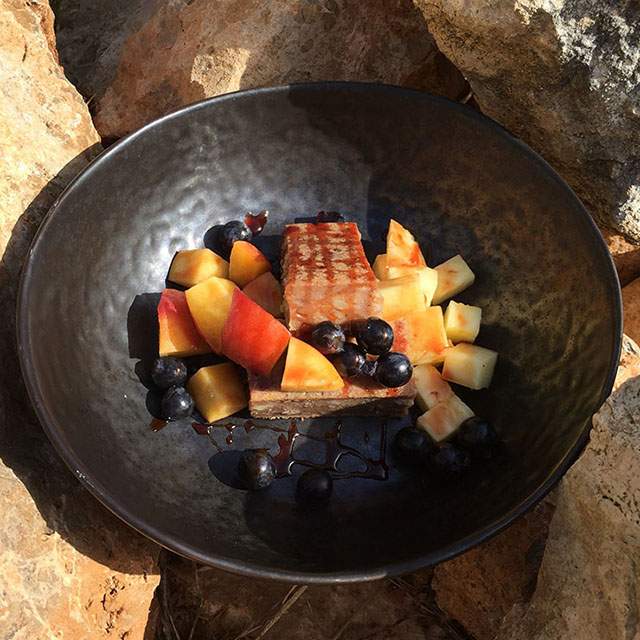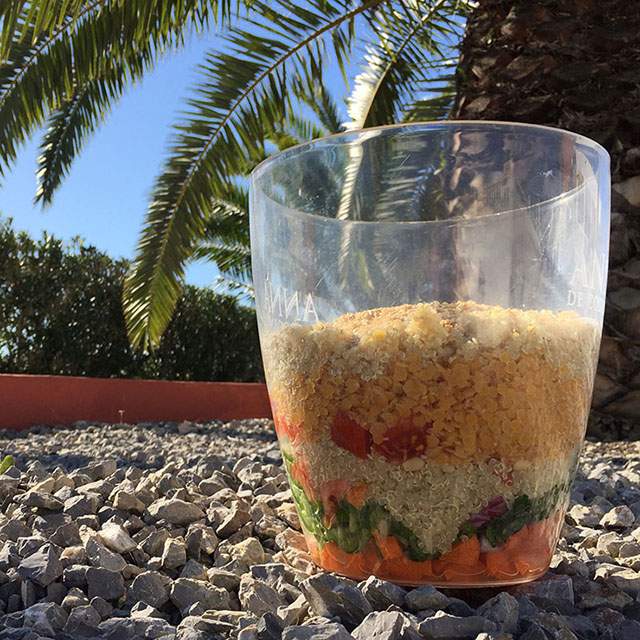Nowadays Smoothies seem to be common. But what exactly is a Smoothie? Where did it come from and why did it become fashion? What are the health benefits and it is really worth to consume or just a random marketing strategy of the big food companies?
Since I consume lemons like others drink coffee I decided to plant my own lemon tree. Luckily I´m living on an island where the soil provides all necessary minerals and organics to help this baby tree grow.
What are the benefits of chickpeas? And why is it so important to integrate them in our diet?
Chickpeas have long been valued for their fiber content. Two cups provide the entire daily value. Therefore you definitely want to keep them on your “digestive support” list—especially if you are focusing on the colon. Between 65-75% of the fiber found in chickpeas is insoluble fiber, and this type of fiber remains undigested all the way down to the final segment of your colon.
Recent studies have shown that chickpea fiber can be metabolized by bacteria in the colon to produce relatively large amounts of short chain fatty acids. These fatty acids provide fuel to the cells that line your intestinal wall. By supporting the energy needs of our intestinal cells, the short chain fatty acids made from chickpea fibers can help lower your risk of colon problems, including your risk of colon cancer.
Some more benefits are: Highly supply of antioxidants, reduced cardiovascular risk, improved regulation of blood sugar
Salat: cooked chickpeas, feta cheese (vegan version nut or coconut cheese), lemon juice, olive oil, salt and basil
Homemade banana bread as breakfast, as snack or after workout provides you with a good amount of healthy carbs. This is the energy you need throughout the day.
You have probably heard about the health benefits of quinoa before. Nevertheless it is always good to be reminded. As we grew up the pseudograins quinoa, amaranth and buckwheat were not common. Instead we ate lots of rice, rye and wheat.
Vitamin A and Beta Carotene in Apricots strengthen optic nerves of eyes and protect from macular degeneration and other eye diseases that result in complete or partial loss of vision.
Apricot are rich in antioxidants and help eliminating free radicals and toxins thereby strengthening the immune function.









